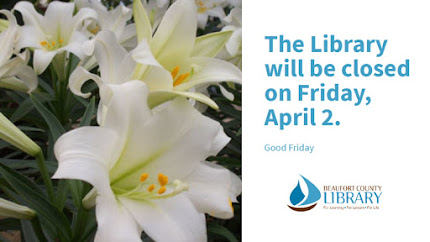Passing Under the Rod
And I will cause you to pass under the rod, and I will bring you in to the bond of the covenant." Ezekial, Chapter 20, Verse 37.
I saw the young bride, in her beauty and pride,
Bedeck'd in her snowy array;
And the bright flush of joy mantled high on her cheek,
And the future look'd blooming and gay:
And with woman's devotion she laid her fond heart
At the shrine of idolatrous love,
And she anchor'd her hopes to this perishing earth,
By the chain which her tenderness wove.
But I saw when those heartstrings were bleeding and torn,
And the chain had been sever'd in two,
She had changed her white robes for the sables of grief,
And her bloom for the paleness of wo[e]!
But the Healer was there, pouring balm on her heart,
And wiping the tears from her eyes,
And he strengthened the chain he had broken in twain,
And fasten'd it firm to the skies!
There had whisper'd a voice -- 'twas the voice of her God,
"I love thee -- I love thee -- pass under the rod!"
(From the Parted Family collection; the poem was written in Charleston July 6, 1840)Mary Stanley Bunce Palmer was born February 15, 1810 in Beaufort to Rev. Benjamin Morgan Palmer and Mary Stanley Bunce Palmer (Yes, she had the exact same name as her own mother; and matters are further complicated by two Rev. Benjamin Morgan Palmers, her father 1781 - 1847 and his nephew, (her cousin) Benjamin Morgan Palmer, 1818-1902 who became a renowned Presbyterian minister). In 1813, her father moved the family to Charleston, SC where he served as the minister of the Circular Church until 1835. She was educated in the private school of Dr. Ramsey and his daughters in Charleston and in various seminaries for young ladies in Connecticut and New Jersey. In 1835, she married Charles E. Dana of New York. They had one son. Both her husband and her son died at their home in Bloomington, Iowa during August 1839.
 |
| Image courtesy of Cyberhymnal.org |
She married an Episcopalian minister, Robert Doyne Shindler at some point between 1848 and 1851 (sources vary as to the precise date of the nuptials). They had one child, a son, Robert Conrad Shindler, who was born in Shelbyville, Kentucky in April 1852. They were living in Tennessee by 1859. After the Civil War, the family relocated to Nacogdoches and San Augustine, Texas. Rev. Shindler died in Nacogdoches in 1874; she died 9 years later on February 8, 1883.
Her works include: The Southern Harp, The Northern Harp, and The Western Harp in which her religious poems are set to music, several novels, and religious and spiritualism essays. In our collection we have copies of her Letters addressed to relatives and friends,: chiefly in reply to arguments in support of the doctrine of the Trinity; The Southern harp: consisting of original sacred and moral songs, adapted to the most popular melodies: for the piano-forte and guitar; The parted family, and other poems: an offering to the afflicted, and a tribute of love to departed friends; A southerner among the spirits: a record of investigations into the spiritual phenomena; and one of her novels, Forecastle Tom or, The landsman turned sailor.
Her papers are included in the Shindler-Palmer Family Papers at the Ralph W. Steen Library of the Stephen F. Austin State University in Nacogdoches.





















